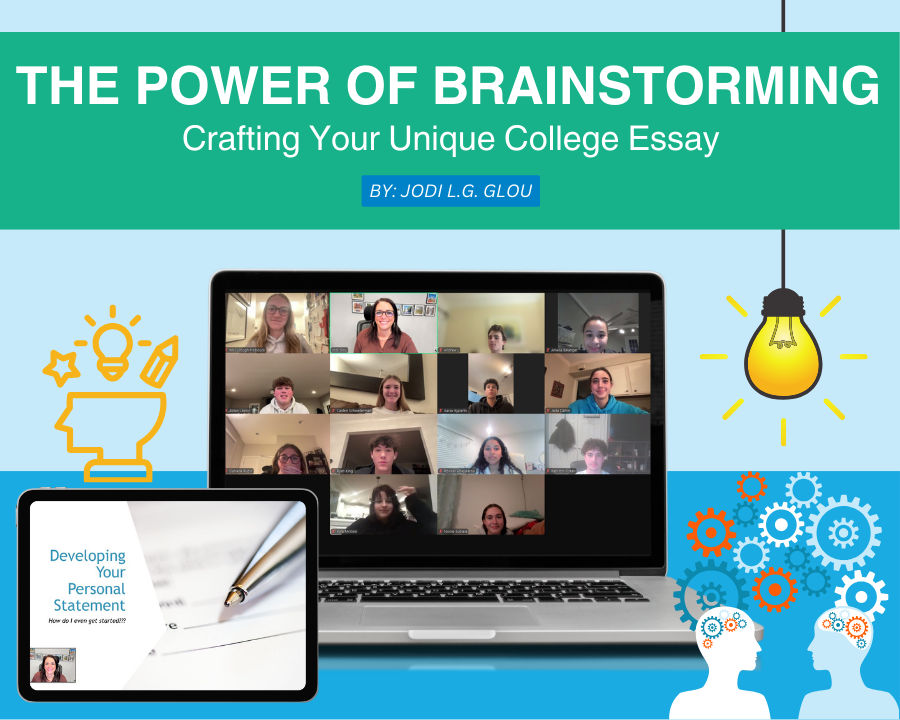Navigating the PSAT: Your Guide to the Good, the Bad, and the Test
With the PSATs right around the corner, now is the perfect time to address some of the most common questions I receive from clients and families about this important exam.
“Do I need to study for it?”
“What if I plan to take the ACTs?”
“Do I even need to take the PSATs at all?”
The Preliminary SAT (PSAT) is a standardized test administered to high school students, primarily as a practice for the SAT and a means of qualifying for the National Merit Scholarship Program. While many students choose to take the PSAT, it’s essential to weigh the benefits and drawbacks before making a decision. Here’s a closer look at the pros and cons of the PSAT to help you determine if it’s the right choice for you.
Some “Pros” include:
Practice for the SAT
One of the most significant advantages of the PSAT is that it serves as excellent practice for the SAT. The format, question types, and content are very similar, giving students a valuable opportunity to familiarize themselves with the test’s structure. Taking the PSAT can help students identify their strengths and weaknesses, allowing them to focus their studies effectively before the SAT. Even students planning to take the ACT can benefit, as the PSAT can improve general test-taking skills and subject knowledge.- National Merit Scholarship Program
High PSAT scores can qualify students for the National Merit Scholarship Program, a prestigious academic recognition that can lead to significant financial aid for college. Semifinalists are selected based on their PSAT scores, and many colleges and universities offer scholarships to these high achievers, making the PSAT a worthwhile investment for those aiming for academic excellence. - Improved College Readiness
The PSAT helps students gauge their college readiness by providing feedback on their performance in critical areas such as reading, writing, and math. This feedback can guide students in choosing relevant courses and resources to better prepare them for college-level work. - Access to Resources
Many students receive access to free online resources through the College Board after taking the PSAT. These resources include personalized study plans, practice questions, and test-taking strategies, all of which can be beneficial as students prepare for the SAT or ACT. - Fewer Stakes Than the SAT
Since the PSAT is not used for college admissions, the pressure surrounding it is considerably less than that of the SAT. This low-stakes environment can help students approach the test with less anxiety, providing a more relaxed testing experience.
… SO, what are the Cons of Taking the PSAT?
Time Commitment
Preparing for and taking the PSAT requires time that could be spent on other academic or extracurricular activities. For students who are already balancing a heavy course load, sports, and other commitments, adding another standardized test to the mix may feel overwhelming.- Limited Impact on College Admissions
Unlike the SAT or ACT, which are crucial factors in college admissions, the PSAT does not hold the same weight. While it can provide practice and feedback, the results won’t directly influence college admissions decisions. This limitation might lead some students to question whether the time and effort spent preparing for the PSAT are justified. - Potential for Misleading Results
The PSAT may not always accurately reflect a student’s potential for success on the SAT or ACT. Factors such as test anxiety, illness, or even a lack of preparation can lead to lower scores that don’t truly represent a student’s abilities. This discrepancy can be discouraging for students who may feel that they are not performing at their best. - Focus on Standardized Testing
The emphasis on standardized testing can lead to an overemphasis on test preparation rather than comprehensive learning. Some educators and students argue that the focus on test scores detracts from more meaningful educational experiences and critical thinking skills. - Not Mandatory
Since taking the PSAT is not a requirement for college admissions, some students may choose to opt-out. For those who do not plan to take the SAT or ACT or are pursuing alternative pathways to college, investing time in the PSAT may not be necessary.
Ultimately, the decision to take the PSAT should be based on individual circumstances and goals. For students aiming for high SAT scores, pursuing scholarships, or gaining a better understanding of their academic strengths and weaknesses, the PSAT can be a valuable tool. However, for those who feel overwhelmed or who do not see the relevance of standardized testing in their educational journey, it may be worth considering other options.
As with any standardized test, preparation is key. Whether you choose to take the PSAT or not, staying informed and planning ahead can help ensure you’re ready for whatever comes next in your academic career.
If you need help navigating the college planning process, Custom College Consulting is here to help. Visit us at
www.custom-college.com and schedule a complimentary consultation today.










